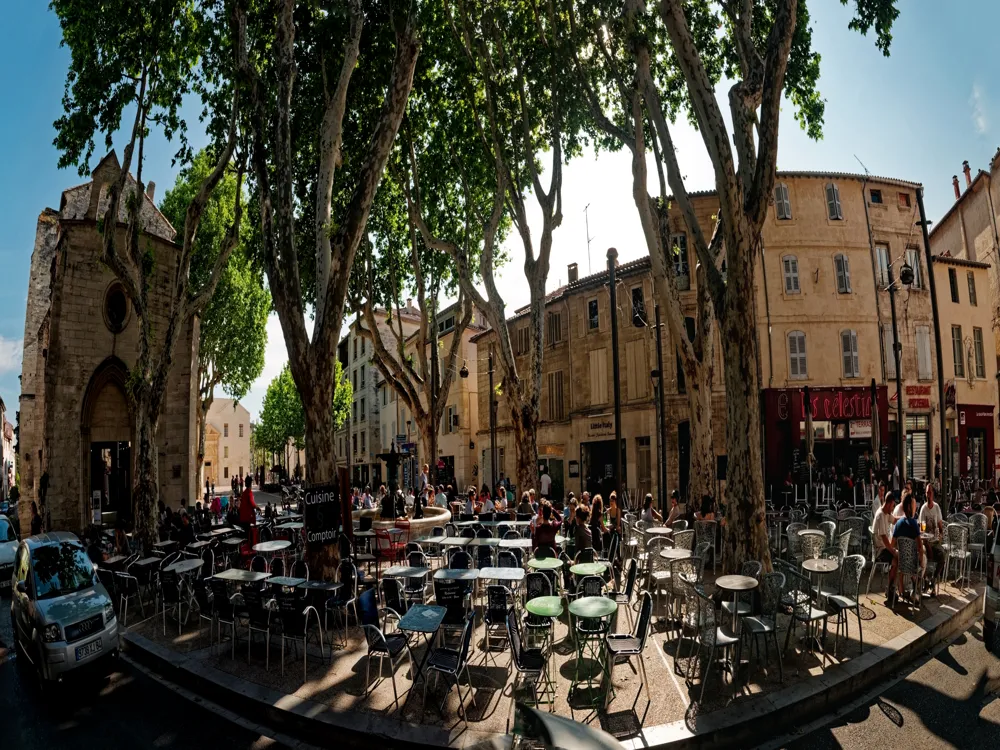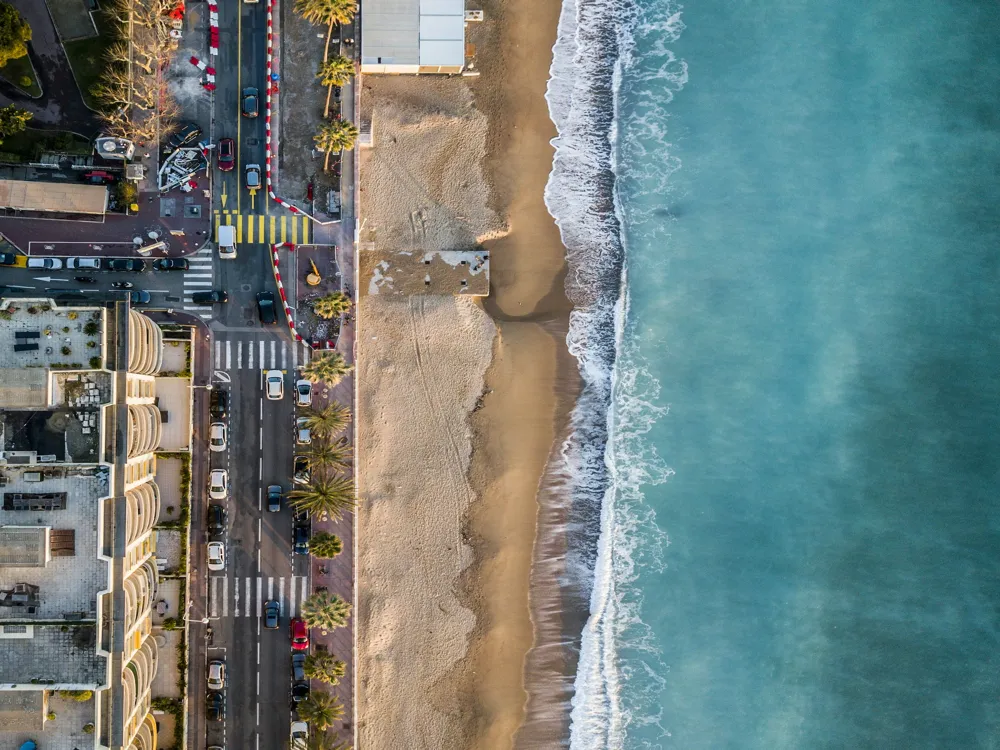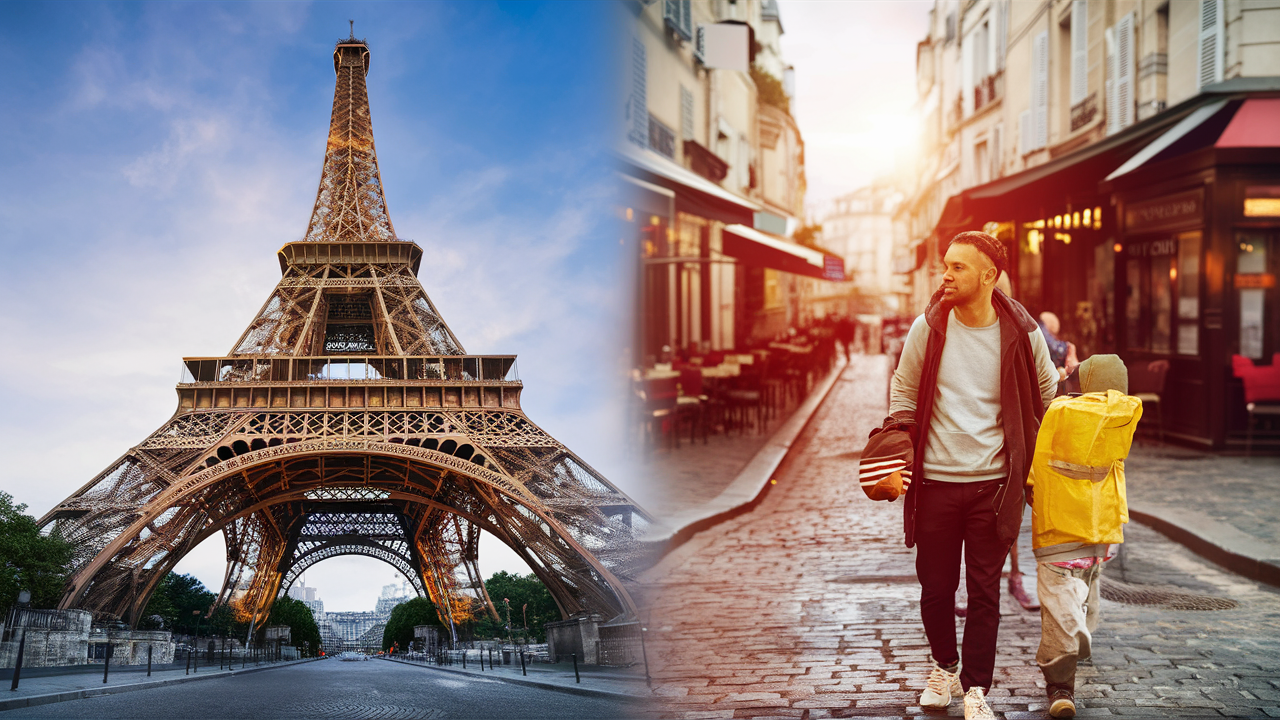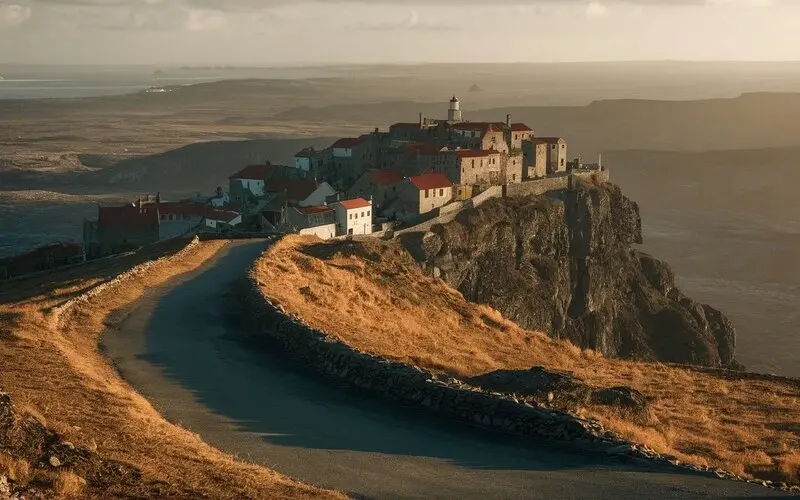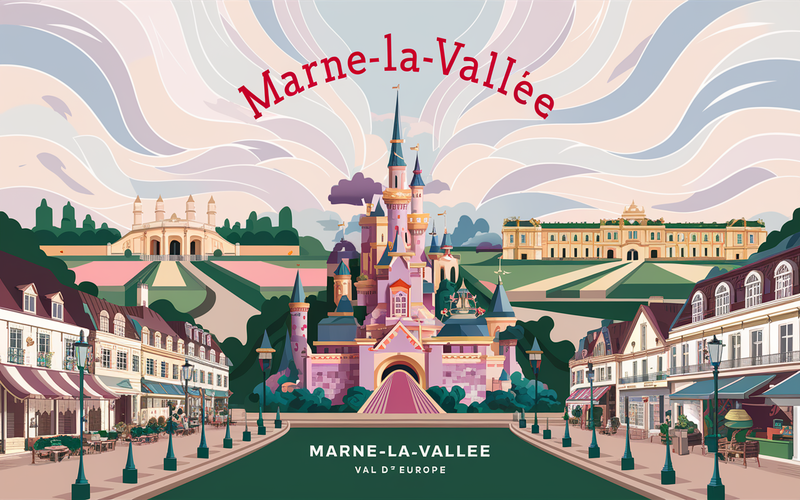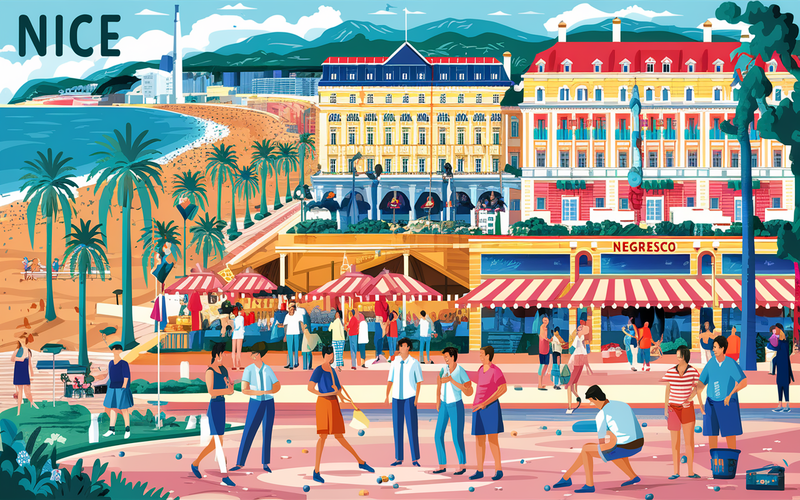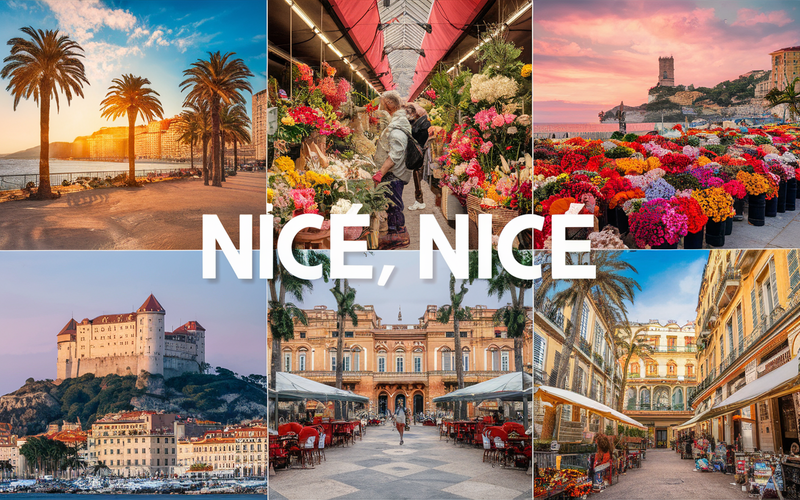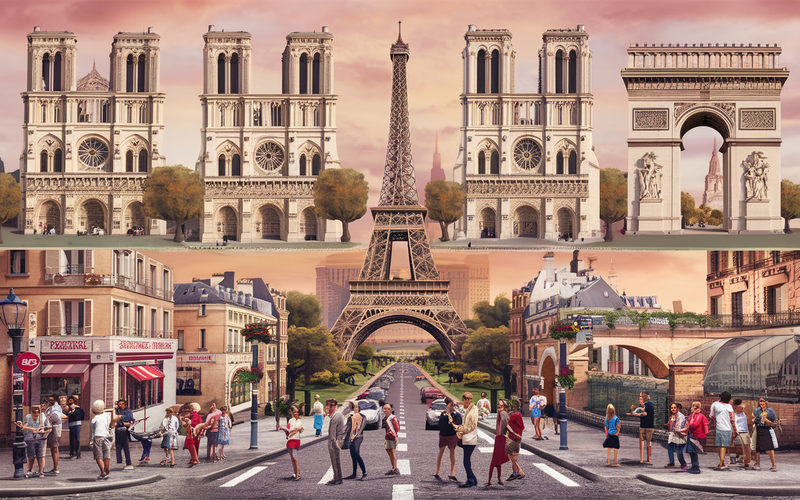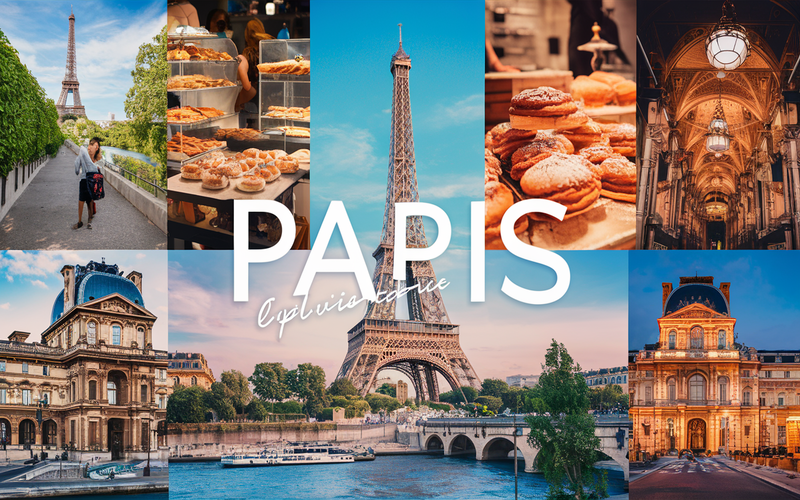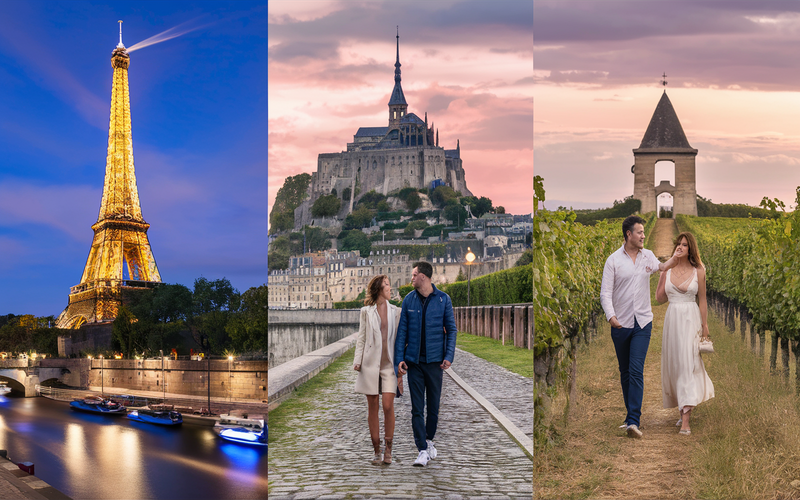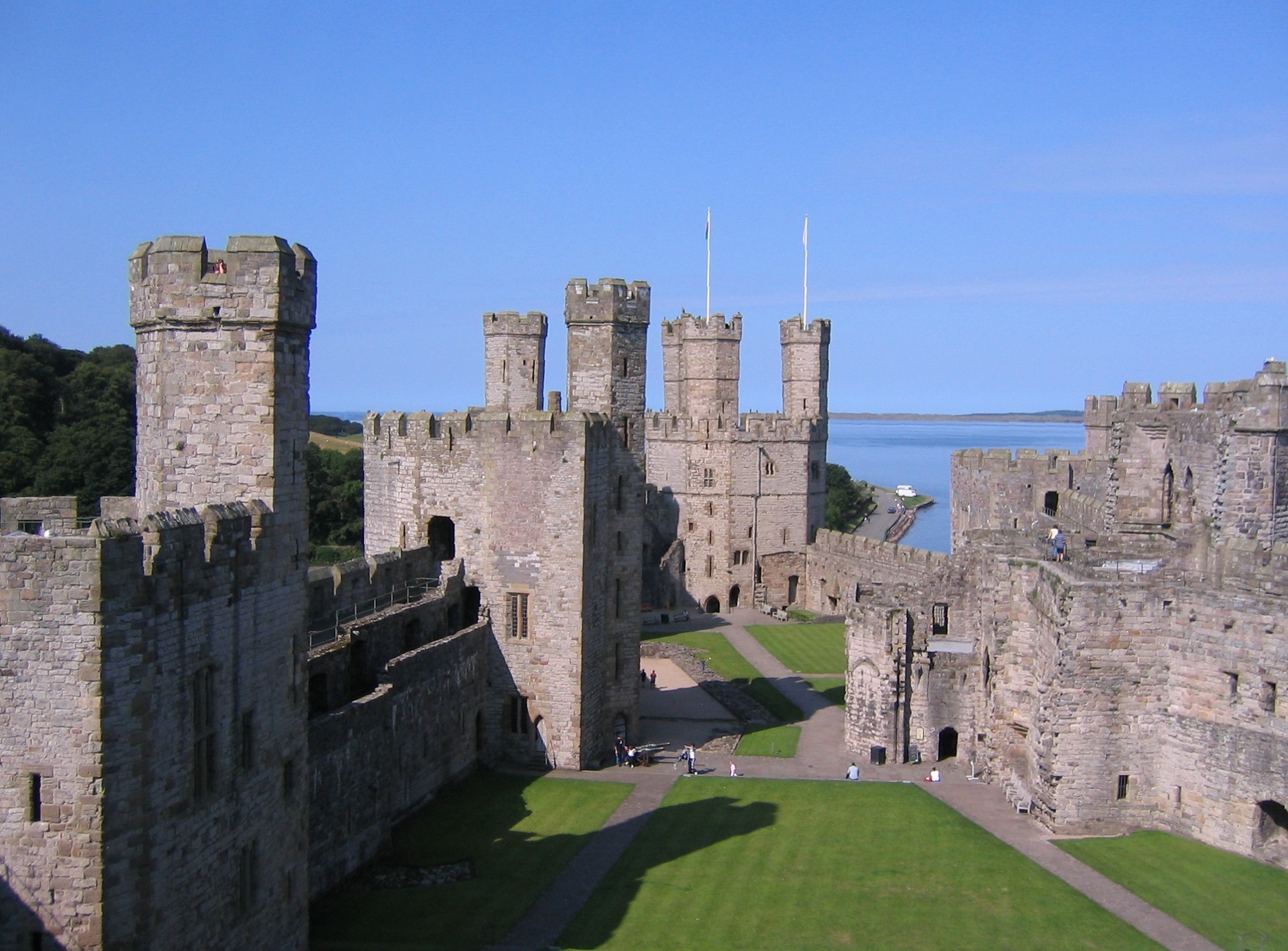Plan Your Travel To France
France Travel Essentials
Ideal Duration: 8 - 10 days
Currency: Euro (EUR)
Best Time: March - May and September - November Read More
Budget: Expensive
"Cultural and Romantic Canvas of Europe"
France Tourism
France is a country rich in culture, art, and varied landscapes, making it a masterpiece of Europe. The capital, Paris, is a timeless, elegant city home to famous sites like the Louvre Museum and the Eiffel Tower. Discover the glitzy beaches of the French Riviera, the picturesque towns of Provence, and the ancient châteaux of the Loire Valley. The vineyards of Bordeaux, the undulating terrain of Burgundy, and the lofty Alps are just a few examples of France's breathtaking scenery. Indulge in the renowned French cuisine, which includes croissants and coq au vin, and become engrossed in the art, style, and romance of this cultural giant. France extends a warm welcome to those who share its profound appreciation of life's better pleasures and its distinctive fusion of art, history, and cuisine.
Must Know Before You Travel to France
- Language: French is the official language, so learning a few basic phrases can be helpful.
- Currency: The Euro (EUR) is the accepted currency.
- Visa: Check visa requirements based on your nationality and travel purpose.
- Transportation: France has an excellent public transportation system, including trains and metros.
- Tipping: A service charge is included in bills, but it's customary to leave a small change or round up.
- Safety: France is generally safe, but exercise caution in crowded tourist areas.
- Cuisine: Savor French cuisine, from croissants and escargot to coq au vin and ratatouille.
- Dress Code: Pack smart-casual clothing for dining out and comfortable shoes for exploring.
- Electrical Outlets: France uses European-style Type C and E plugs; bring adapters.
- Respect local customs: greet with a kiss on both cheeks and follow local etiquette.
Tourist Places to Visit In France
Paris
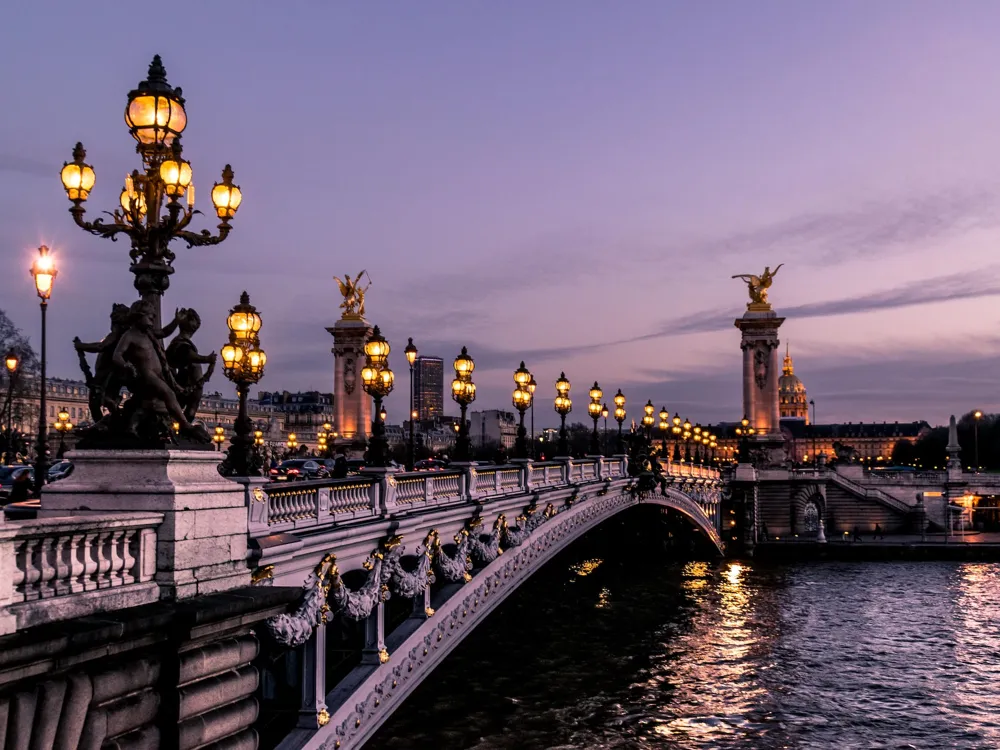
Nice
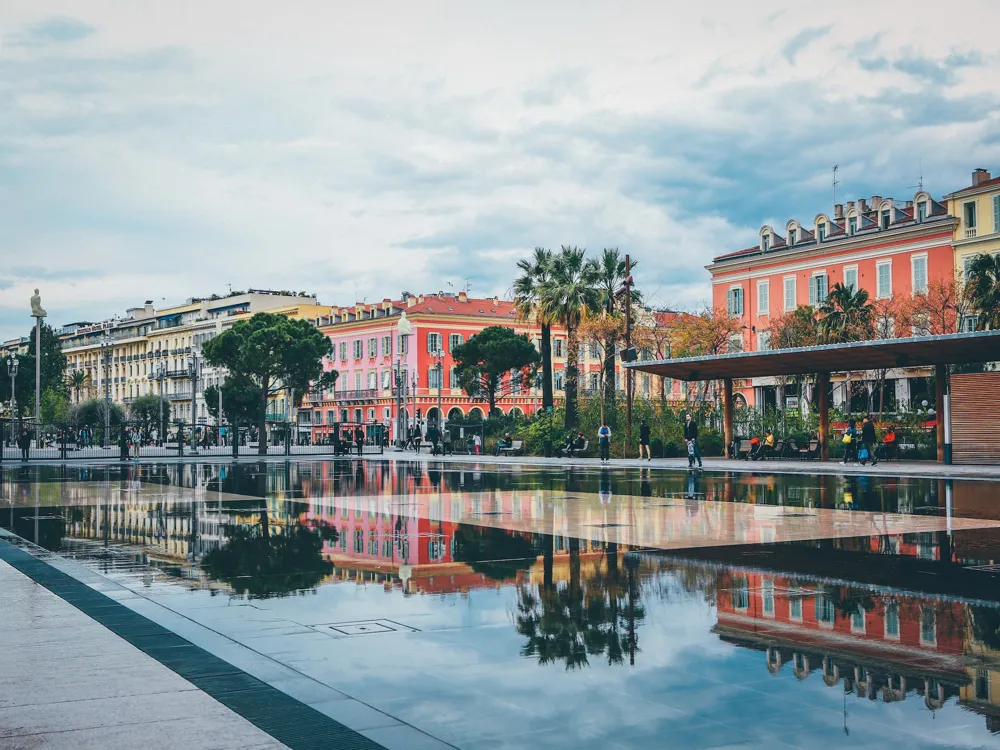
Lyon
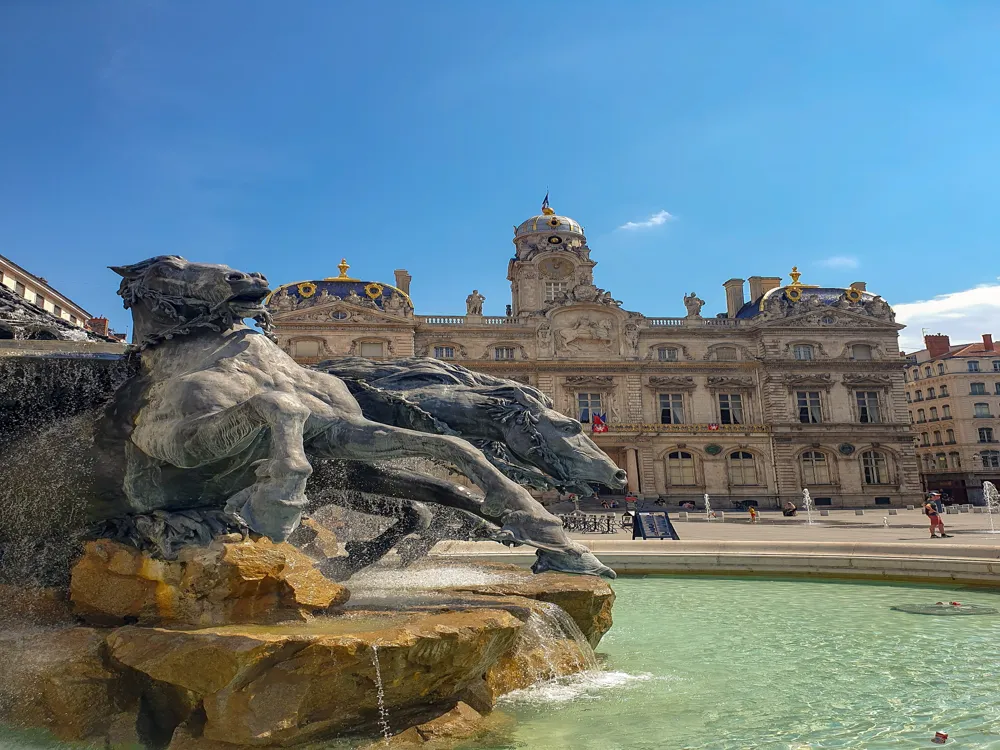
Bordeaux
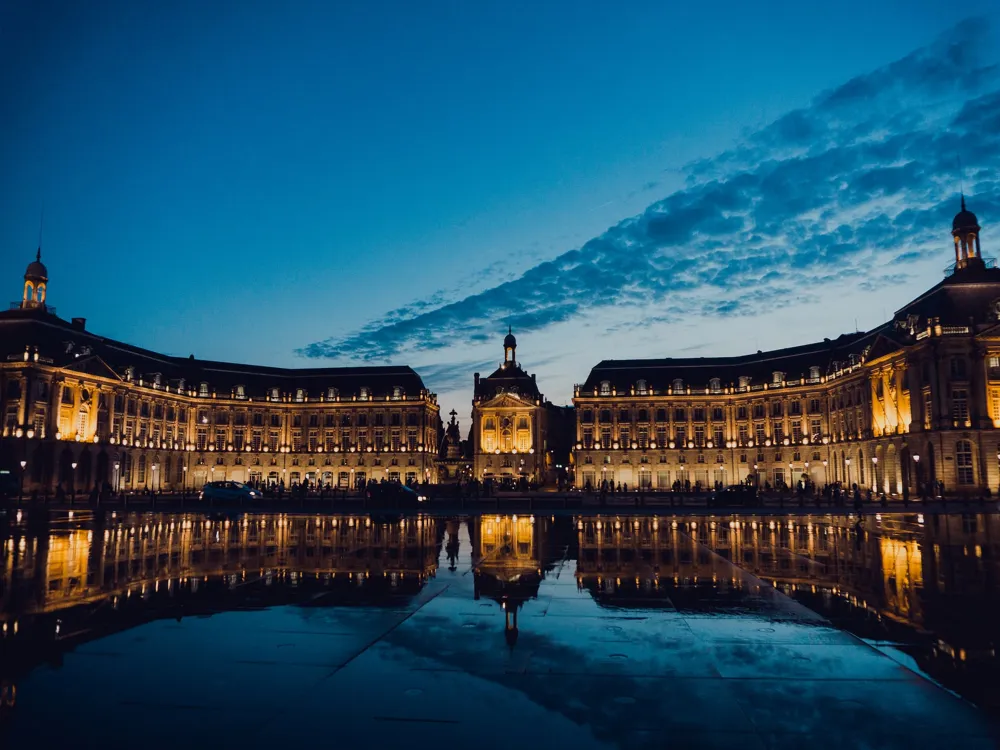
Corsica
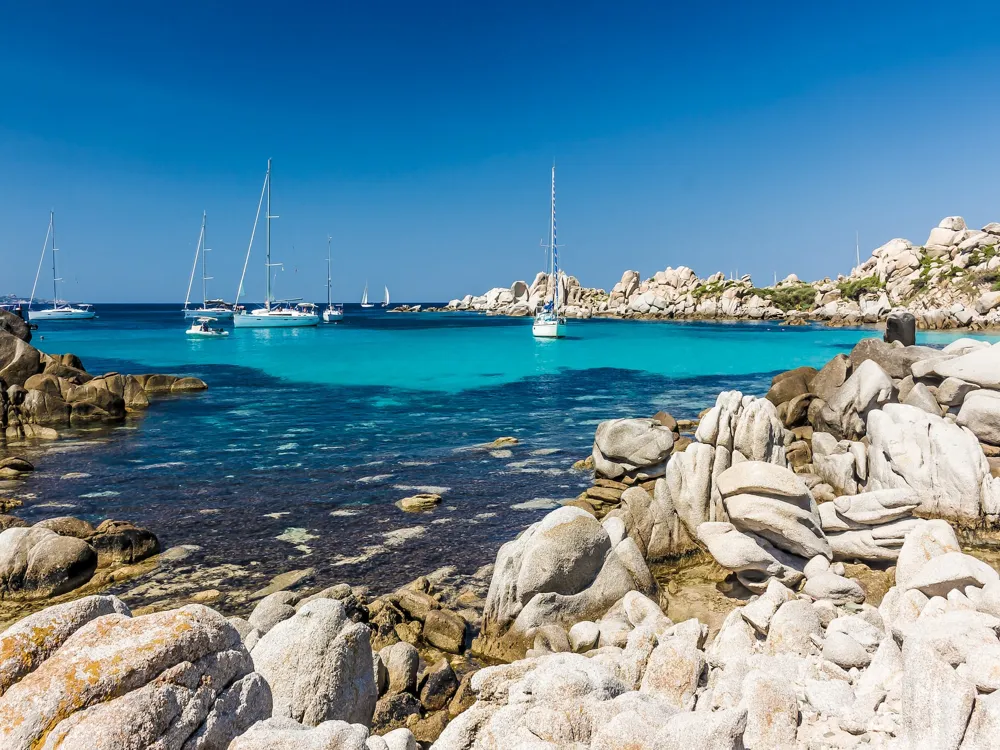
France Travel Packages
Compare quotes from upto 3 travel agents for free
View All Packages For France
More on France Travel
All collections about France
Best time to visit France
The best seasons to travel to France are spring (March–May) or autumn (September–November), when the country has pleasant weather and picturesque scenery. In comparison to the summer months, there would be fewer tourists and lower lodging costs throughout these seasons. France's summers would be hot, congested, and extremely costly. It is ideal for beach vacations and outdoor pursuits. With music festivals and open-air events taking place all throughout the nation, it's also festival season. Winter is the ideal time to see all of France's well-known museums, but it may also be quite cold and damp in most French cities. With its seasonal décor, Christmas markets, and ice skating rinks, France is quite charming throughout the winter months. The French Alps provide ski slopes for those who want to go skiing, and there are less people at the cultural sites. Compared to the summer months, these seasons would see fewer travellers and lower lodging costs. France's summers would be hot, congested, and extremely costly. It is ideal for beach vacations and outdoor pursuits. With music festivals and open-air events taking place all throughout the nation, it's also festival season. While winter is the ideal time to see all of France's renowned museums, it is also the most chilly and rainy season in most French cities. With its seasonal décor, Christmas markets, and ice skating rinks, France is quite charming throughout the winter months. The French Alps provide ski slopes for those who want to go skiing, and there are less people at the cultural sites.
Top Stories about France Tourism
Read More on France Travel
Exchanging money in France:
It's important to understand how to convert money effectively when visiting France. The official currency is euros (EUR), which may be exchanged at ATMs, banks, and exchange offices. In general, banks provide attractive interest rates, and ATMs are accessible and extensively used. Although most places take credit cards, it's a good idea to have extra cash on hand for minor transactions. Exchange rates may not be as good in airports and tourist destinations, so proceed with caution. To prevent any problems with your cards, always let your bank know when you will be travelling. Watch out for hidden costs while transferring funds.
Nightlife in France:
France is known for having a very active nightlife. The night comes alive with a variety of pubs, clubs, and entertainment options in cities like Paris, Lyon, and Marseille. The nightlife in France tends to start late, with a lot of establishments beginning at 10 or 11 p.m. and going into the wee hours of the morning. You may enjoy live music performances in different settings, dance the night away in vibrant clubs, and savour fine wines at charming wine bars. Paris in particular has a very varied nighttime culture, ranging from sophisticated cocktail bars in Pigalle to electro clubs in the Marais. Keep in mind that many venues have dress codes, so wear something trendy.
Shopping in France:
France offers a wide variety of shopping experiences, from upscale designer stores to quaint village markets. Particularly in Paris, where you can find upscale stores like Galeries Lafayette and famous avenues like the Champs-Élysées, shopping is a true delight. Visit local markets like the vibrant ones in Provence or Le Marais in Paris for a more genuine experience. Fine dining, unusual souvenirs, antiquities, and excellent fashion are all available. If you're not a resident of the EU, remember to claim your VAT refund; it might help you save money on qualifying purchases.
Festivals in France:
France is a nation full of festivals, held all year long to celebrate its rich customs, culture, and artistic heritage. The nation is home to a variety of festivals, ranging from gourmet gatherings like Lyon's Fête des Lumières and Bordeaux Wine Festival to music extravaganzas like the Cannes Film Festival and Nice Jazz Festival. Don't forget to take in the magnificent fireworks and parades on July 14th, which honour the French Revolution across the country, on Bastille Day. French ancestry is deeply reflected in church holidays, regional festivals, and cultural activities. France's festivals provide an amazing experience, whether it's strolling along the Cannes Red Carpet or taking in the lavender fields of Provence.
Hygiene in France:
France keeps its cleanliness and hygienic standards quite high. Most cities have clean public facilities, and it's normal to wash your hands before eating. Fresh ingredients are highly valued in French cooking, which promotes overall food safety. Most areas have safe tap water; however, bottled water is readily accessible. For added hygiene, especially while visiting popular tourist destinations, it is suggested to have hand sanitizer. Various hygiene items are available from French pharmacies, and for peace of mind, it's a good idea to get travel insurance that covers medical situations.
Tips for visiting France:
A few pointers might make your trip to France more enjoyable. As a courtesy, become familiar with a few fundamental French phrases. Observe local traditions and dress appropriately at museums and places of worship. Although service fees are usually included in the bill when dining out, it is traditional to tip with modest change. Enjoy the regional fare when eating, which includes escargot, croissants, and premium wines. Accept a slower tempo in life and savour your meals slowly. Discover not just the big cities but also the gorgeous countryside and little towns. Lastly, use caution with your possessions to prevent small-time theft in busy places.
Foods of France:
All across France, French food is praised for its variety of flavours and culinary skill. Enjoy traditional foods like ratatouille, beef bourguignon, and coq au vin. Savor creamy crème brûlée and buttery croissants, among other delectable desserts. Local markets provide a delicious selection of baguettes and cheeses that you shouldn't miss. Fresh seafood is abundant in areas like Provence, while Bordeaux provides world-class wine experiences. Explore outdoor markets for handcrafted goods and have a leisurely dinner in a classic cafe for a genuine sense of France. Dining in France is a cultural event to be enjoyed, not just a meal.
Photos of France
All Country Photos France
Popular Questions And Answers on France
What is the capital of France?
The capital of France is Paris. It's often referred to as the
What is the official language of France?
The official language of France is French. It's one of the most widely spoken languages in the world.
What is the currency of France?
The currency of France is the Euro (€).
What are some famous French dishes?
Some famous French dishes include croissants, escargot, coq au vin, ratatouille, and crème brûlée.
What is the legal drinking age in France?
The legal drinking age in France is 18 for the consumption of beer and wine, and 16 for the consumption of fermented beverages such as beer and cider.
What is the French healthcare system like?
France has a universal healthcare system known as
What is Bastille Day?
Bastille Day, celebrated on July 14th, marks the French National Day and commemorates the storming of the Bastille prison in 1789, a significant event in the French Revolution.
What is the legal driving age in France?
The legal driving age in France is 18. However, young drivers may obtain a learner's permit at age 15 and a half.
What are some famous French fashion brands?
France is known for its high-end fashion brands such as Chanel, Louis Vuitton, Dior, and Hermès.
What are some popular tourist destinations in France?
France boasts many popular tourist destinations, including the Palace of Versailles, Mont Saint-Michel, the French Riviera, the Loire Valley châteaux, and the picturesque villages of Provence.

JPG.webp)
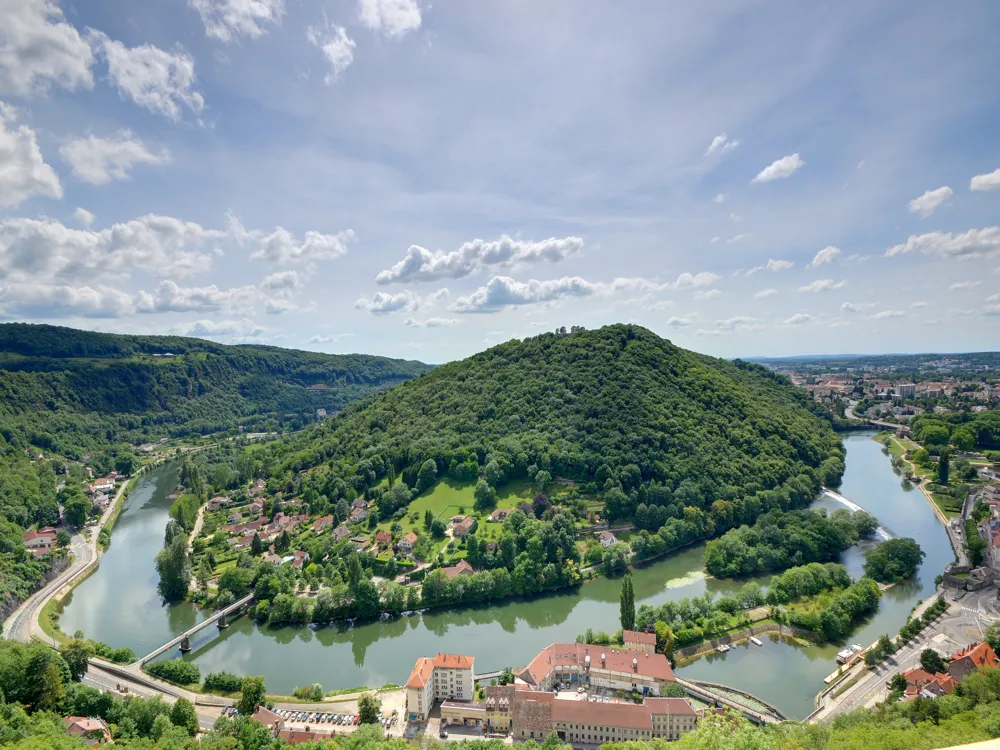
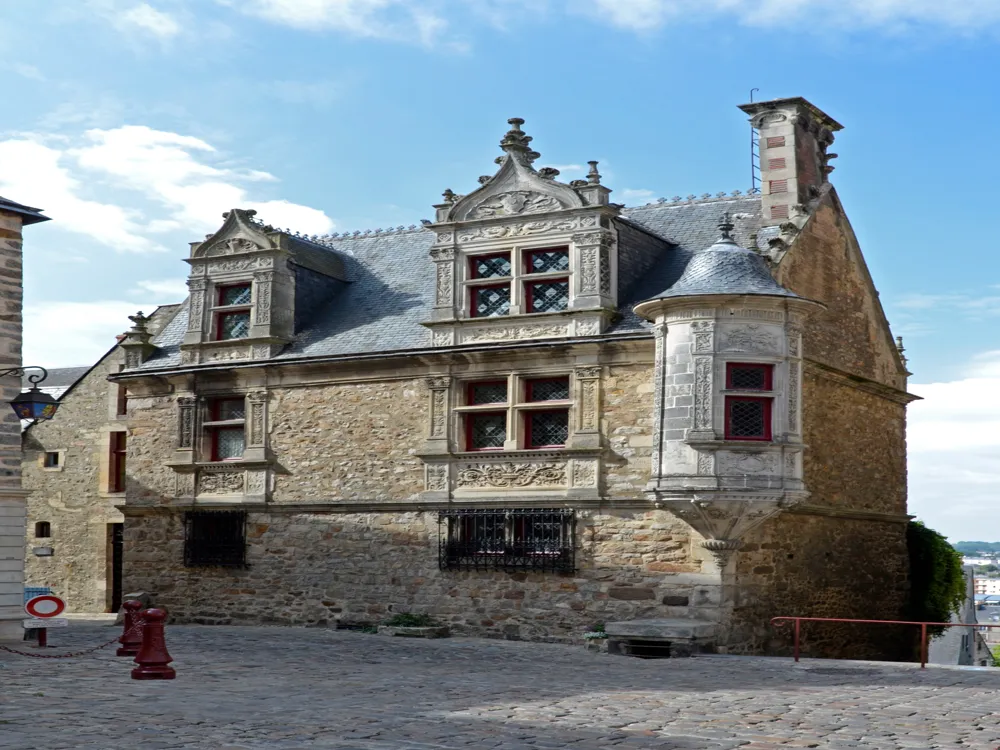
_-_Panorama_View_from_the_top_of_the_rocks_on_the_Rhone_river_valley_01jpg.webp)
